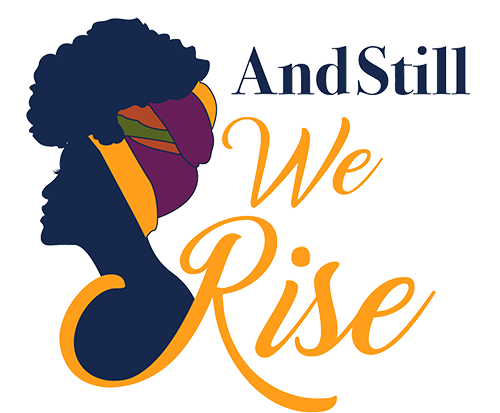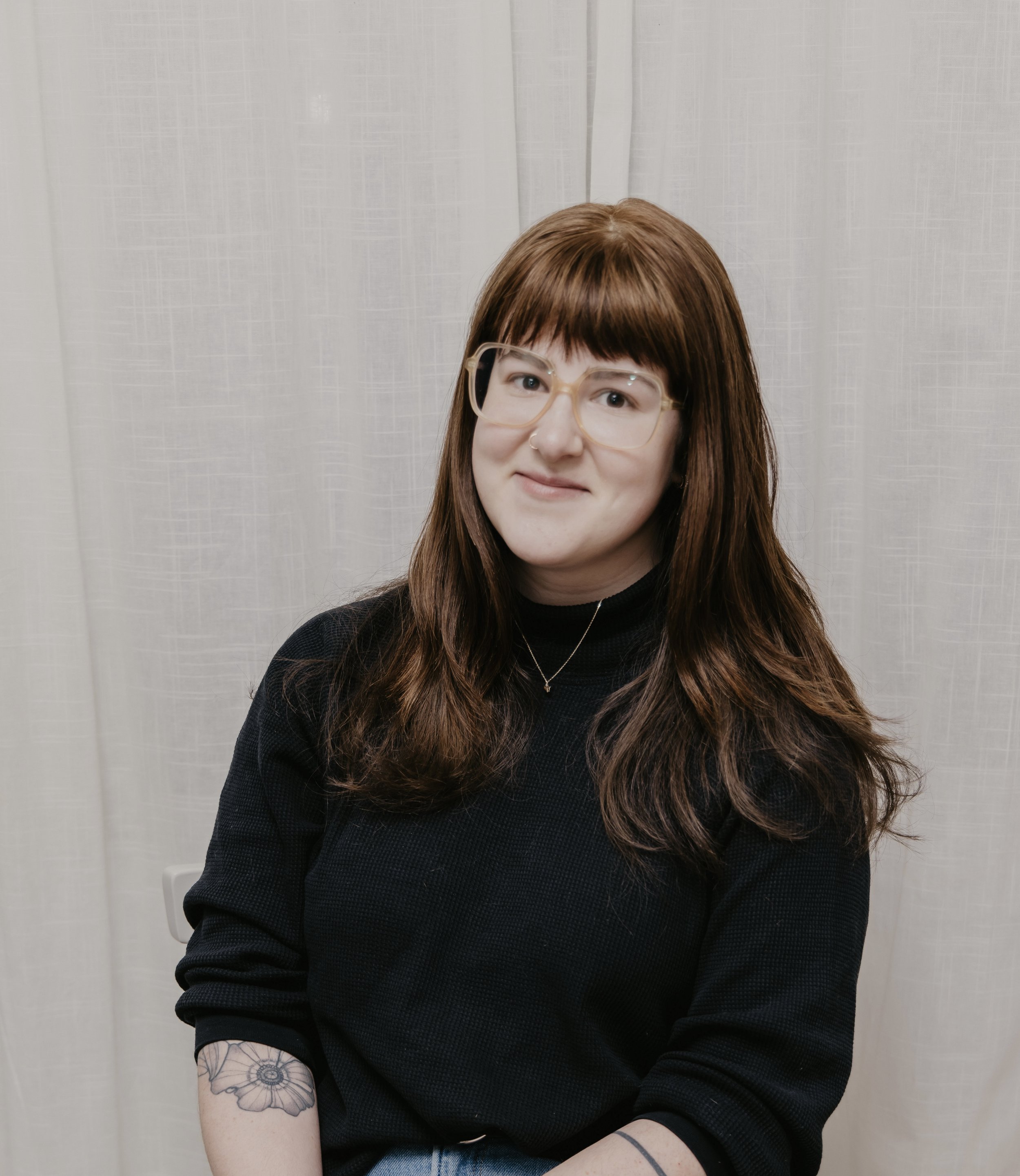Reflections on Recovery Month
By: Sarah Bolte, LMHC
“Just Say No”. Many of us know the motto, know the motivation behind it, and now we know it just doesn’t work. It’s shaming, encourages isolation, and doesn’t get to the heart of the problem. Now, in 2023, we have National Recovery Month whose motto this year is “Hope is Real. Recovery is Real”. Big difference, right? But what does it mean and why do we care? In the US in 2022, over 100,000 people lost their lives to what is labeled as the opioid “epidemic” or opioid “crisis”. Is this why we care? Is this the backbone to recovery month? Does that number even hold sway for anyone outside of the recovery community knowing how stigmatized substance use is even after D.A.R.E. is no longer taught in schools.
Recovery Month aims to lift up the importance of remembering that recovery is possible while also recognizing and mourning the lives lost to this larger systemic problem. If there’s anything to take from Recovery Month, it’s the reminder that substance use isn’t an isolated problem in our world, as much as some might want it to be. Often the narrative around substance use is ‘not in my backyard’ - this harmful idea that if we don’t see it, it’s not our problem.
So what do we do about it? Like many problems we consider systemic, we often focus on the idea of the ‘broken system’ instead of reflecting about what made it that way and what’s preventing change. In some ways, Recovery Month toes this line of operating within the system it’s part of while trying to encourage change and hope within substance use treatment. There’s a focus on new treatments, education, advocacy, and days of service as ways to engage with the recovery community. What I’m left wondering is who is engaging in what is being offered outside of those who “know”.
What does it mean to “know.” In an effort to include others in Recovery Month, are the right people being engaged; are the people responsible for the “system” of substance use even aware of the impact outside of the labels of “crisis” and the costs associated with treatments. As part of a Recovery Month Day of Service, I spent time with a peer recovery coach and advocate who volunteer at a local warming shelter - we had a great time freezing in the unusually cold, dreary September weather waiting for donations for the shelter at a little booth in the parking lot. We chatted about various things, anything from the local sports teams to the challenges they face at the shelter with their neighbors. A problem they regularly face is neighbors to the shelter calling the police on residents who are waiting in the parking lot with the untrue and harmful narrative that these people are “high”, “causing problems”, and generally impacting the neighborhood. In other words, not my backyard.
But it is our backyard.
As a therapist in the “know”, I’ve found myself in conversations with other therapists who “could never do that work” or “wouldn’t even know where to start” and what a sad thing that is. This narrative reinforces the idea that others will do that work and not us. A narrative that extends to policy makers, politicians, teachers, neighbors, and family; entire networks of people who operate not in the “know” until the “know” is in the backyard often, sadly, as a result of someone close to them becoming another number in the “epidemic”. My hope is that other therapists and healers can learn to look past the “I could never” and learn how pivotal their engagement in learning the basics of substance use treatment can impact their clients. We don’t need to be out here healing the masses and changing the system from the ground up, but we can offer language and support for our clients in a world where shame often keeps us from speaking up until the problem is too acute and the system has dug in its claws.
Recovery Month gives us the opportunity to engage with narratives often ignored or looked down upon due to stigma. It gives us the chance to educate ourselves instead of operating under assumptions and judgements. Recovery is real and possible and doesn’t have to be so hard. If we can take a moment to realize our backyard is filled with the injustices of a system designed to keep people out of recovery, maybe we can figure out what it looks like to create a new backyard that helps, supports, and is filled with hope.
Recovery is possible for you or someone you know who needs additional support:
SAMHSA’s National Helpline, 1-800-662-HELP (4357), or TTY: 1-800-487-4889 is a confidential, free, 24-hour-a-day, 365-day-a-year, information service, in English and Spanish, for individuals and family members facing mental and/or substance use disorders. This service provides referrals to local treatment facilities, support groups, and community-based organizations.
About:
Sarah Bolte, LMHC(she/her) is a psychotherapist at And Still We Rise, LLC, Licensed Mental Health Counselor and Registered Art Therapist. Learn more about Sarah here.

